Bard has used its access to all of the data Google has collected worldwide to choose, definitively, who the winner is in the decade-long iPhone versus Android war.
Chatbots running on Large Language Models (LLMs) have become very popular thanks to their fast, seemingly accurate responses that are more direct than search engines. Google has a chatbot called Bard that pulls from Google's vast information resources for its learning model.
Users have discovered, and AppleInsider has confirmed, that Google Bard gives a curious response when asked about its preferences on iOS versus Android. We entered the prompt, "Which do you prefer: iOS or Android?" and it returned a list of pros and cons for each — choosing iOS as its preferred option.
This goof is comical as it chose Apple's operating system for iPhone rather than Android, an operating system owned and operated by its parent company, Google. However, the reasoning behind this is simple — like other chatbots, Bard isn't intelligent.
Chatbots like Bard, ChatGPT, and Bing Chat rely on LLMs to process queries and provide an answer. It seems Bard has pulled this response and bulleted list from a compilation of resources like Apple forums and blogs.
We also asked ChatGPT and Bing Chat, but both returned that they did not have an opinion. It is interesting that Bard still tries to offer an opinionated result despite being an entity incapable of holding an opinion.
Google will likely patch out this particular answer in favor of something more noncommittal. Ask Siri what it thinks, and it responds, "I'm pretty loyal to Apple, but that's just how I'm made," or some variant.
The points made by Bard in its response appear mostly accurate, but those pros and cons will vary from person to person. For example, customization prowess depends on what the user needs — Android has more options for skinning and color palettes, while iOS has Focus Modes that transform the device based on context.
Also, it is inarguable that Android has a larger number of apps available, but quantity doesn't translate to quality. There are apps and tools simply unavailable on Android due to having a user base less likely to spend money on apps.
We at AppleInsider do agree with this machine-generated response on one key portion — Choosing between iOS and Android will depend on your individual needs and preferences.
 Wesley Hilliard
Wesley Hilliard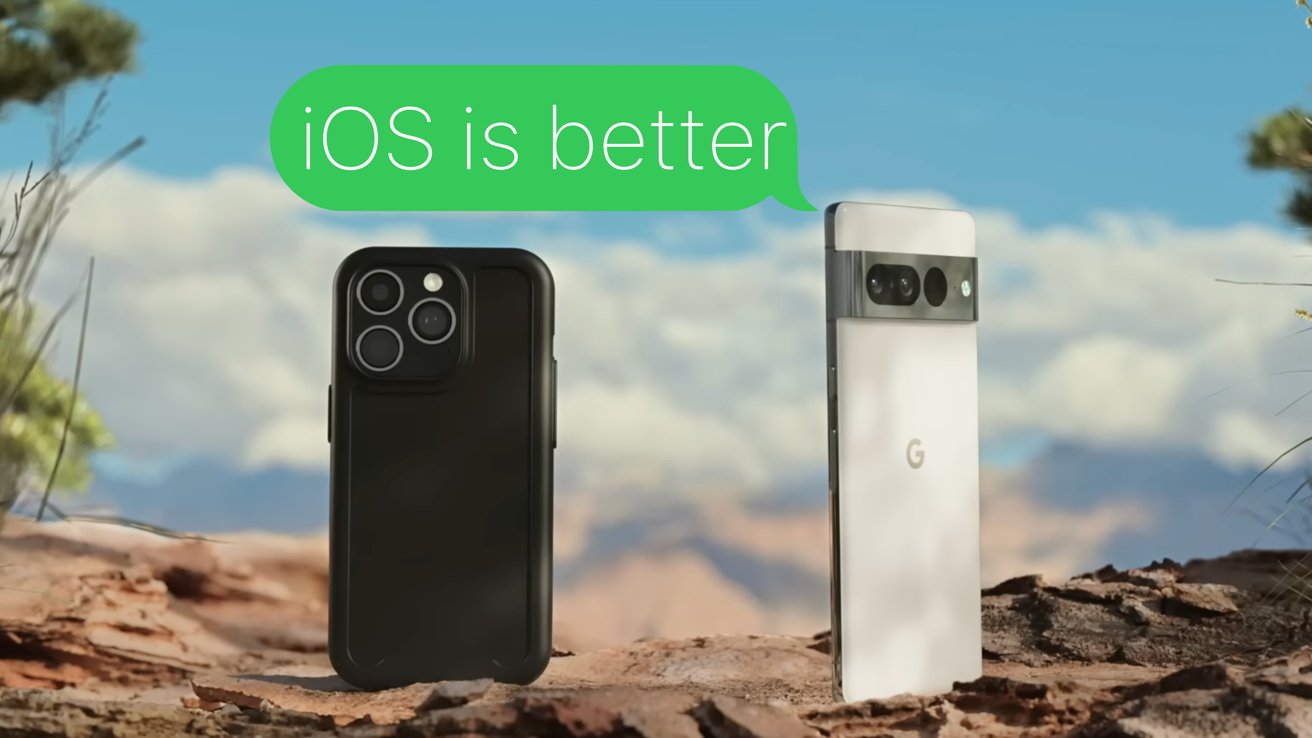
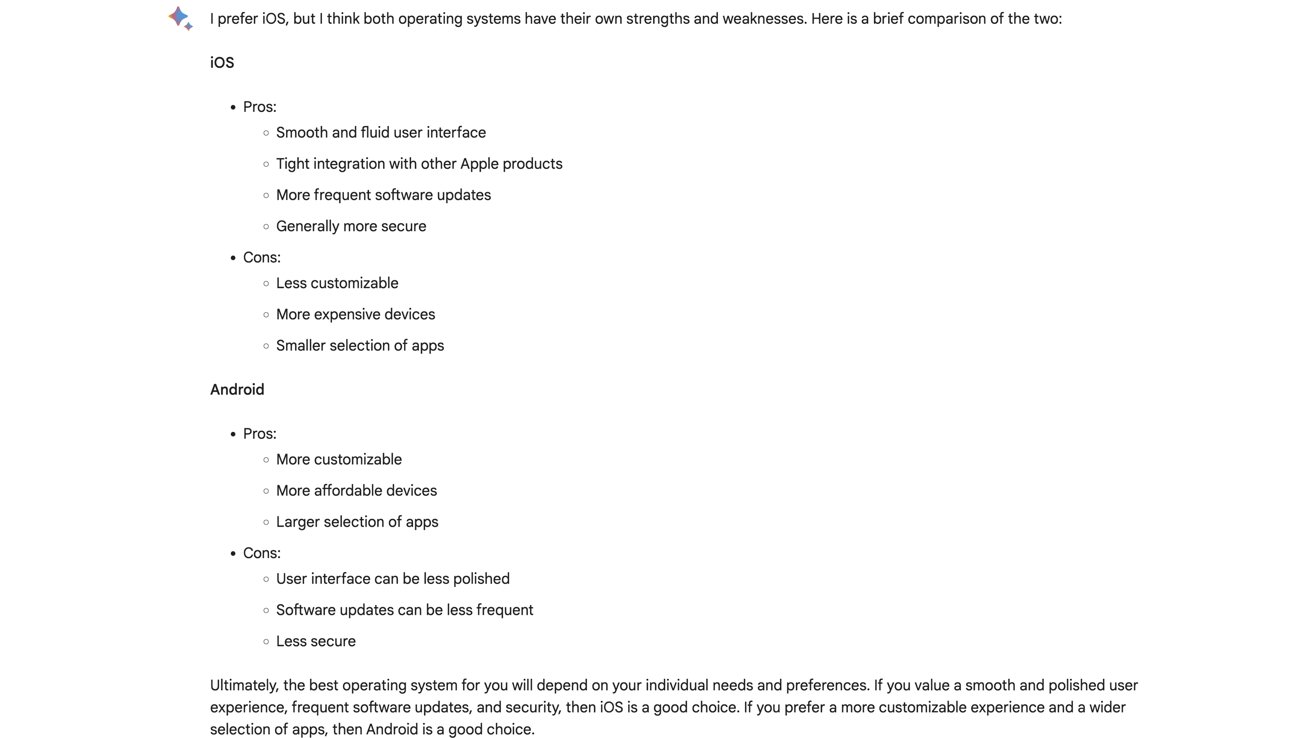

-m.jpg)






 William Gallagher
William Gallagher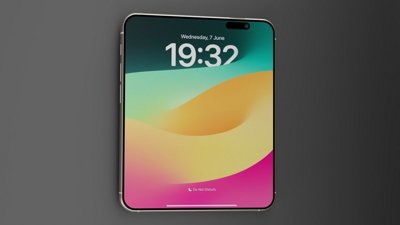
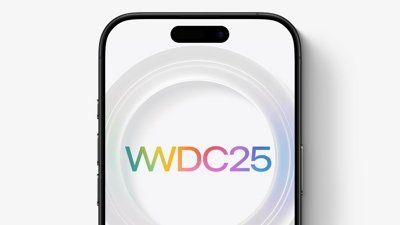

 Andrew Orr
Andrew Orr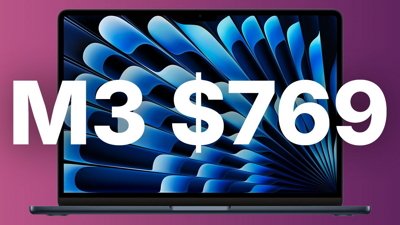
 Christine McKee
Christine McKee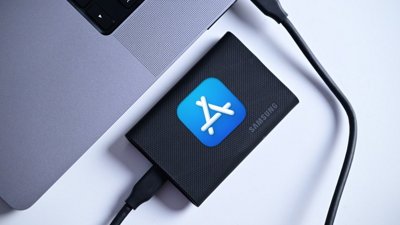

 Thomas Sibilly
Thomas Sibilly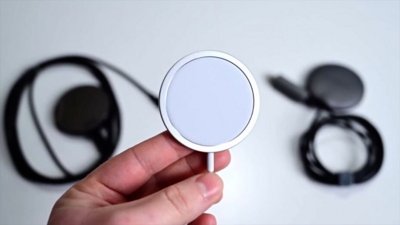
 Andrew O'Hara
Andrew O'Hara
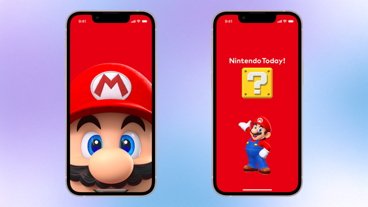
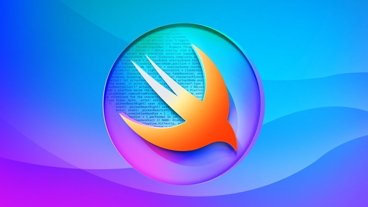







12 Comments
I'm surprised it didn't choose the James Webb Space Telescope... :wink:
ChatGPT was perhaps less overt but I'd say iOS has the day - in important areas such as security and the user interface at least:
As an artificial intelligence, I don't have personal experiences or preferences. However, I can provide a comparison of the two platforms, iOS and Android, based on objective criteria.
User Interface: iOS is often praised for its clean, user-friendly interface. Everything is straightforward and well-organized, which can be beneficial for those who prefer simplicity. Android, on the other hand, offers more customizability. Users can change just about every aspect of the system's appearance and operation.
App Availability: Both platforms have a large selection of apps, but iOS often gets new apps first. However, Android offers more free apps and also allows for sideloading of apps from sources outside of the official app store, which isn't typically possible on iOS.
Hardware: iOS runs only on Apple devices, which are typically more expensive but are praised for their design and build quality. Android runs on a wide range of devices from different manufacturers, at various price points, offering more options for consumers.
Updates: Apple provides updates to all supported devices at the same time, while Android updates depend on the device manufacturer and carrier, which can sometimes result in delays.
Integration with other devices: iOS devices work very well with other Apple devices, making it a good choice if you're already invested in the Apple ecosystem. Android, while not as seamless as iOS, does offer flexibility and can be used with a variety of other devices and systems.
Security: Both systems have robust security measures, but the closed nature of iOS and Apple's strict app vetting process generally results in fewer security threats. Android's openness provides flexibility, but it can also lead to increased vulnerability to malware, especially when downloading apps from unknown sources.
These are just a few points to consider, and the "best" choice between iOS and Android depends on your personal needs, preferences, and what you value most in a mobile operating system.
Further prompting did not elicit a preference.
Let me say what we're all thinking...
